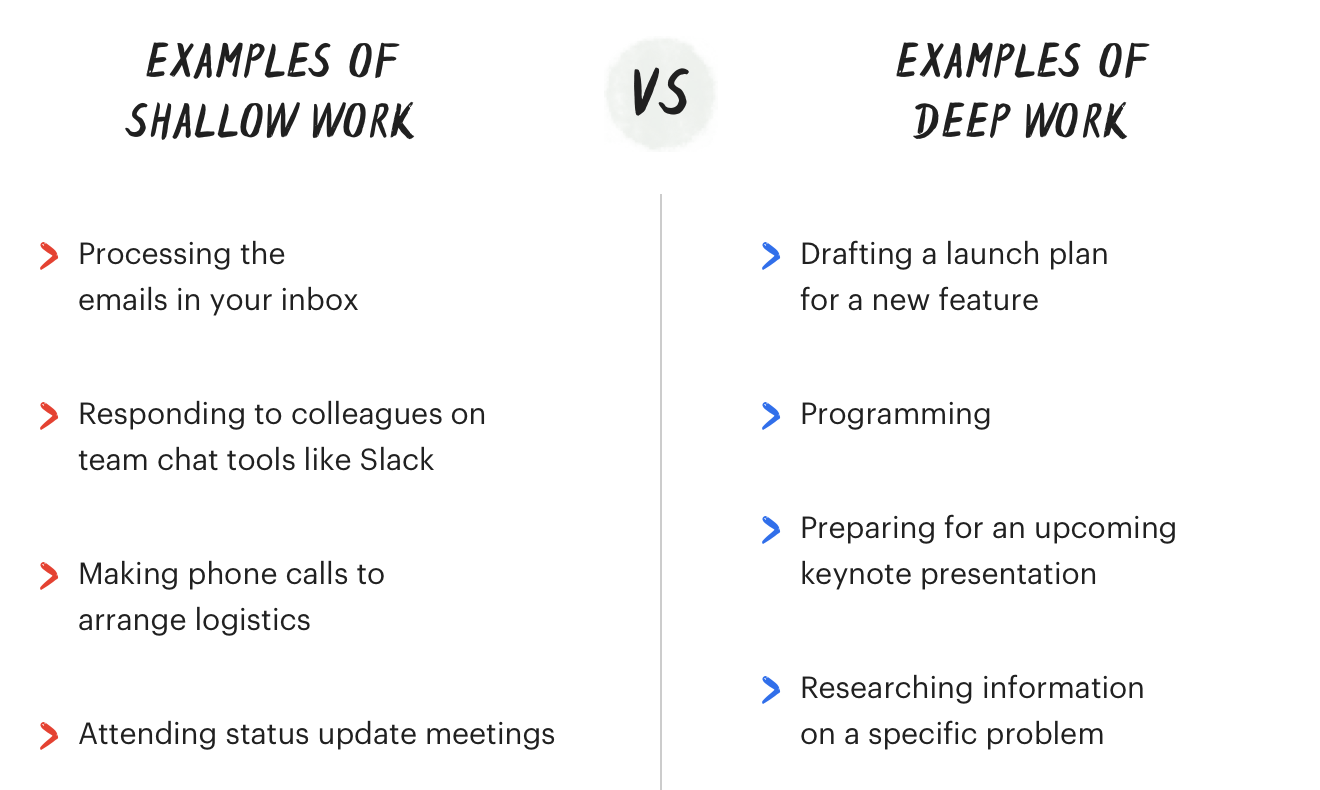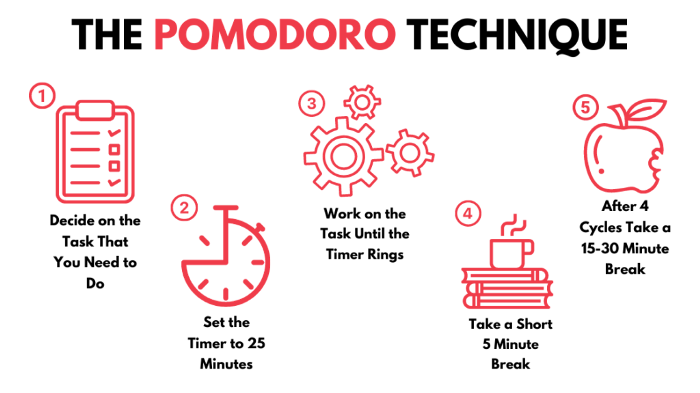Every single person on the planet has 24 hours a day. It's the one constant, the level playing field of life and yet it doesn't always feel that way. I often hear people say that they "haven't got the time" or there's "not enough hours in the day", and this is most prevalent in the workplace. How have these sayings become the norm to hear people say and what can we do to improve the situation?
For the last few years, I've worked in sales role in a very lean team. Our setup is one where my responsibilities include order chasing, raising orders, processing production orders, chasing debt, credit control, arranging freight, invoicing, training others, pricing initiatives, building annual plans, onboarding new members, raising purchase orders, technical support, building financial reports, fixing reports, building KPI dashboards, the list goes on and on. I've often felt like there's not enough hours in the day to be able to successfully execute on all of the above.
I really needed to review where my time was going and why it seemed I was always running out of time. The following tactics have helped me do that and have become a big part of my mindset and work routine. It is still a work in progress (much like myself) but hopefully someone finds something useful here.
Divide your to-do list
A to-do list is an effective way at giving some structure to your day and what to focus on. Writing it the day before or in the morning will help you not waste your morning wondering what you should do first. As good as this is, it's easy to find that your to-do list is an exhaustive list of tasks (often for others) so this approach isn't enough on its own. Try splitting your to-do list into 3 sections:
- Things I have to do
- Things I want to do
- Things other people want me to do
Doing the above in this order helps you see how much of your time you give away to others. If you find yourself consistently not getting to #3, it might be time to reconsider how much you say 'yes' to. The challenge is communicating to others when their requests always fall into #3.
Time-blocking your calendar

Everything you need to do is divided up given a specific time frame whether this is for a task, event, or activity and reserve that time slot in your calendar. With time blocking, you concentrate on only the task given for that particular block. Once that 'block' of time is over, only then can you move on to the next task. This is the opposite of having an open-ended to-do list and allows you to start the day with a set plan laid out in your calendar.
When sorting your duties/tasks, you get to pick the time and duration of the block. This means that you won’t have to constantly make choices about what to focus on and instead will be guided by your block-filled calendar. If you get off-task or distracted, simply look at your schedule and get back to whichever task you blocked off time for.
Time blocking will force you to focus on priorities. After a while, you will get an idea of when you're most productive and 'in the zone' - this is where you should be blocking time to focus on your most important tasks. The other main advantage is that you will start to gain a better understanding of how long tasks take you and how long the block should be for it. Stick to your time blocks, take note of when the block was too long/short, and adapt & improve for the next day. The blocks can be flexible too so if something happens that throws the day out, don't be afraid to revise your plan. See your time blocks as a flexible way to challenge yourself, not strict tools to punish yourself when you fall short.
I've found that I can get more into my 'deep work' zone with time blocking as I am less reactive to the shallow frequent recurring tasks that pop up during the course of the day. How often are you trying to work on an important project only to be hassled with emails popping up, messages in in team chats, or getting pulled into last minute meetings? All of these are what Cal Newport (author of Deep Work) calls shallow work. Time blocking allows you to group together all of these shallow-type tasks in a dedicated time block (or two) so you can churn them out and get focused fully on higher-impact work. For example, it's a common 'productivity hack' to only view/respond to emails twice a day (say, 9am and 3pm) - this is an aspect of time blocking.

The YES/NO Balance
"Every time you say YES to something, you are saying NO to something else"
When I first heard this quote, it resonated so much with me that I've since carried this with me each day at work. I have always been someone that is very quick to say 'yes' to requests and favours to others, often to the detriment to my own work schedule. When I realised that most of my struggle with time was that I was so easily giving it away meaning I was essentially saying 'no' to my own duties and responsibilities. By saying 'YES' to fixing an Excel issue meant I was saying 'NO' to working on next year's pricing strategy, by saying 'YES' to a prep meeting about an issue in an unrelated department at work was saying 'NO' to building a sales report for my team to use.
Realising this, my mindset has changed and I now find that when I am faced with someone trying to take away my time I ask myself, 'what am I saying no to here'?
The Pomodoro Technique
The Pomodoro technique is a tried and tested productivity process used by millions. It's simple:

The Pomodoro Technique is for you if:
- small, frequent distractions break up your day
- you have many open-ended tasks with no finite length of completion
- you struggle to not get distracted and don't have self-discipline
- work too long and don't take breaks, affecting your overall productivity
The idea is simple; 25 minutes of focused work, followed by 5 minutes of break.
Being 'focused' is to have no interruptions, email, notifications, online browsing, scrolling through TikTok, etc. Having a break means having a break: No checking emails, no screen time. Use the breaks to get up, grab a drink, or get some fresh air.
In the workplace, we’re interrupted every 8 minutes on average, but it takes us 23 minutes to get back to where we were before. By using the Pomodoro Technique rigidly, you should see that you don't let as many distractions interrupt your workflow. I've been trying to get into using this more and more and have noticed that when I do, I tend to charge through my to-do list better.
Hopefully some of the ideas in this post will help others to claw back some of their own time. It's something that I am always trying to get better at and I hope that someone finds something useful here.
Ciao.




